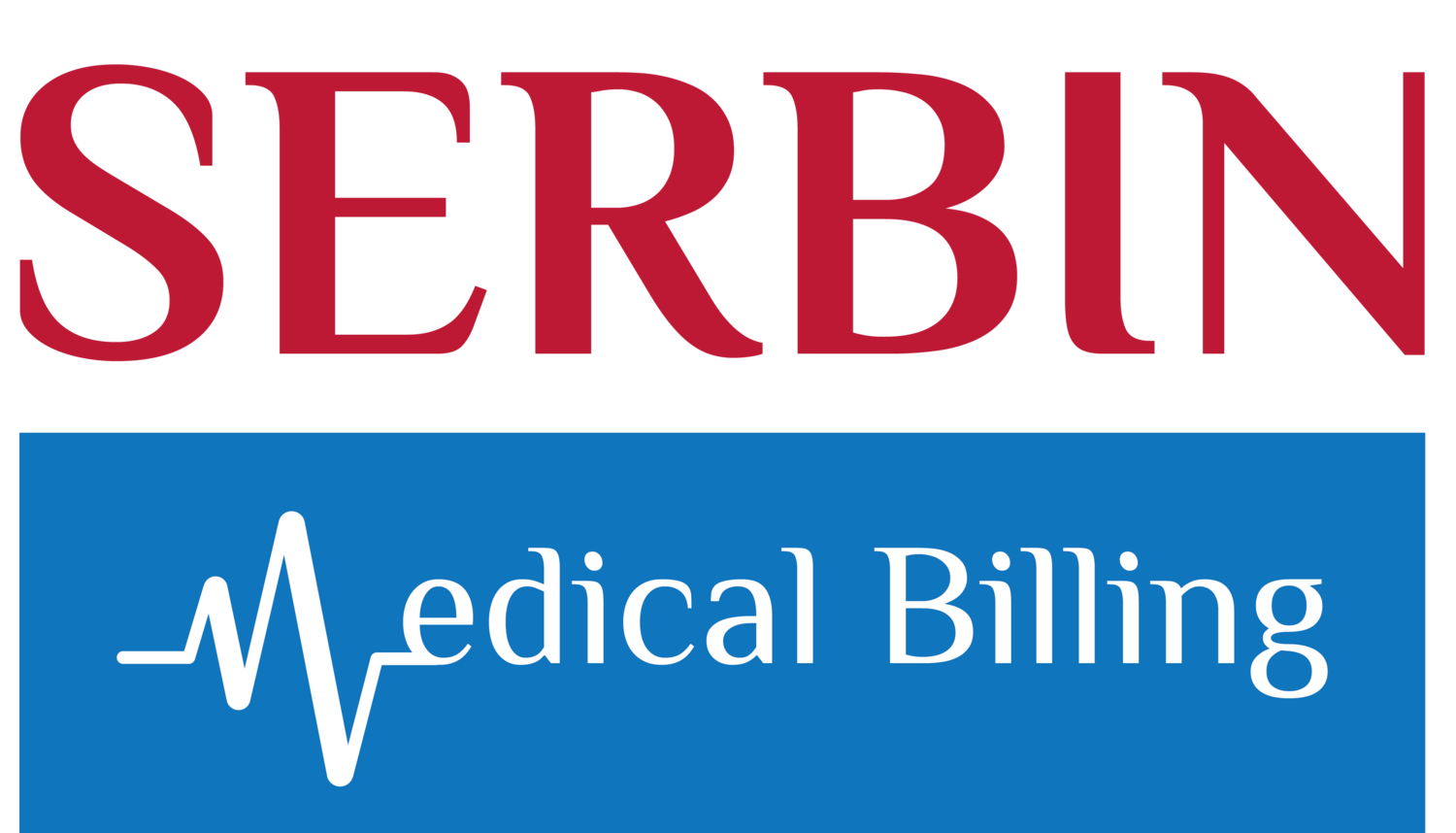10 Quick Tips to Help Reduce Your ASC's Accounts Receivable
Unhappy with your ASC's accounts receivable (A/R)? You're not alone as many ASCs struggle to manage their A/R. Here are 10 quick tips to help you bring your A/R down, organized by area of focus.
1. Clean claims. Ensure all claims are rechecked for errors before submission. Mistakes will bounce the claim back. Keep up with differing form requirements. Different payers in different states require different information in different boxes on forms.
2. Operative note dictation. Provider dictation must be timely and thorough to enable proper coding and billing. If the providers' notes lack specificity in their procedure descriptions, lost revenue will inevitably occur.
3. Timely filing. Be aware of time constraints for filing claims outlined in payer contracts. Processing a claim can often be lengthy, especially when payers request additional information. Be knowledgeable and make sure you allow enough time as timely filing limitations include all the back and forth communication.
Also, it is important that you be aware of payer reimbursement deadlines. In most states, payers have a specified time frame in which to pay. Understand those prompt payment rules and enforce them.
4. Collections. For all managed care organizations, collection efforts should begin within two weeks after filing. Medicare and other managed care organizations reimburse by electronic funds transfer which can be received within two weeks. Therefore, if not received in 14 days, collectors should begin follow-up efforts.
5. Payment posting. It is imperative that payments be posted to patient accounts on day of receipt and deposited in bank within 24 hours of receipt. Money received is not earning interest if it is sitting on the payment poster's desk. Using a lockbox for direct deposits is the quickest way to ensure your reimbursements are safely in your bank account.
6. Third-party payer contracts. Understanding what is covered in your ASC's contracts is of paramount importance in order to ensure that all eligible services are not only paid but paid to the fullest extent allowed.
7. Denials. Develop a denial log that allows identification and tracking of any denial trends. This log may also identify internal errors as well as unusual payer delays.
8. Persistence. Be persistent with follow-up. When a denial is received, it is important that you identify the reason and immediately resubmit the corrected claim. Continue regular follow-up until proper reimbursement is received.
9. Efficiency. For claims that require a phone call to the payer, sort claims by payer and tackle all claims of a specific payer at one time. Due to long hold times, this will pay off in both time and economical terms.
10. Frequent review. Collectors should touch every outstanding third-party payer account at least every 30 days. Collection activity should be consistent, increasing in requests for immediate reimbursement, and all contacts should be recorded in patient's account.
Request Consultation


